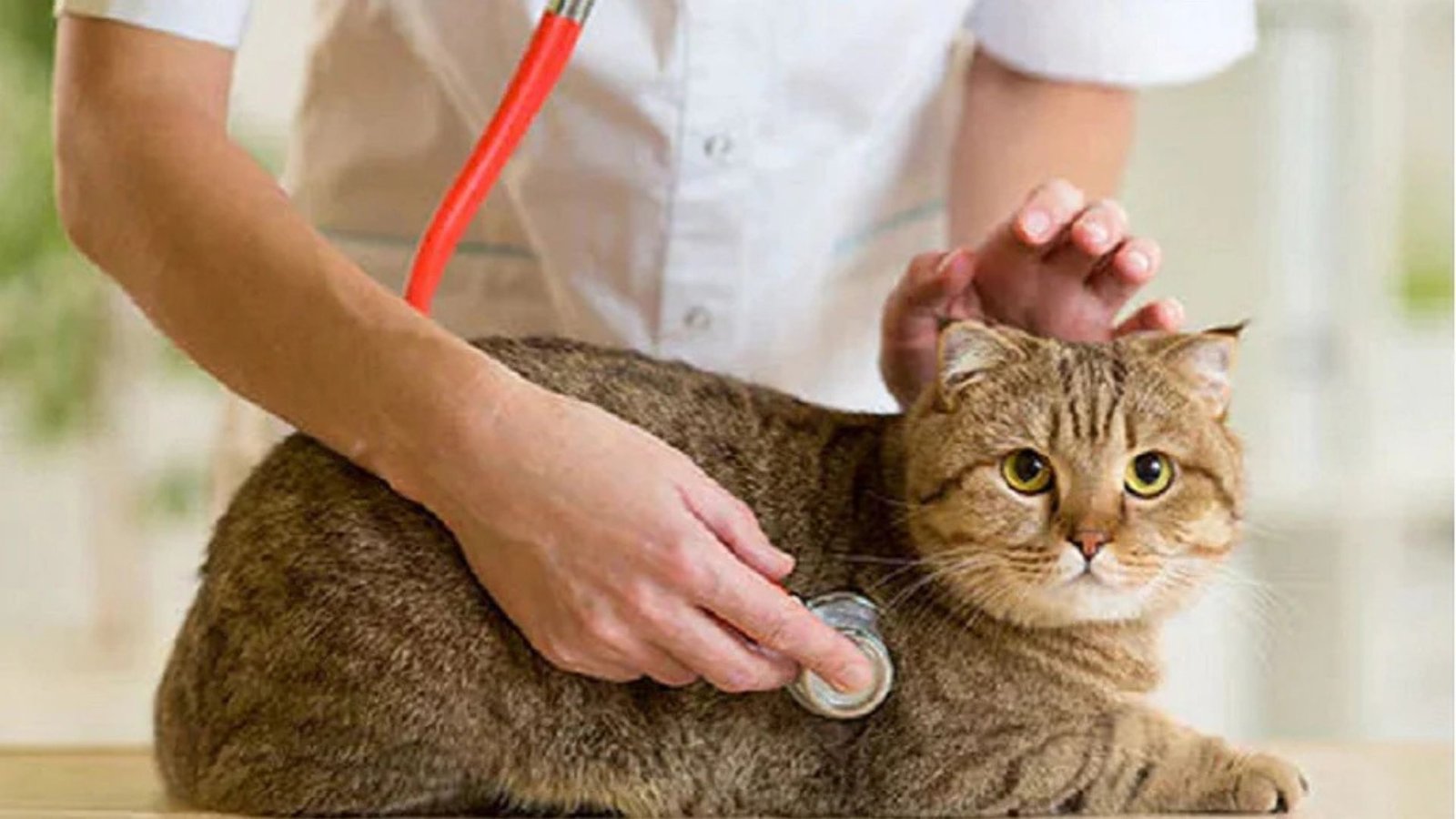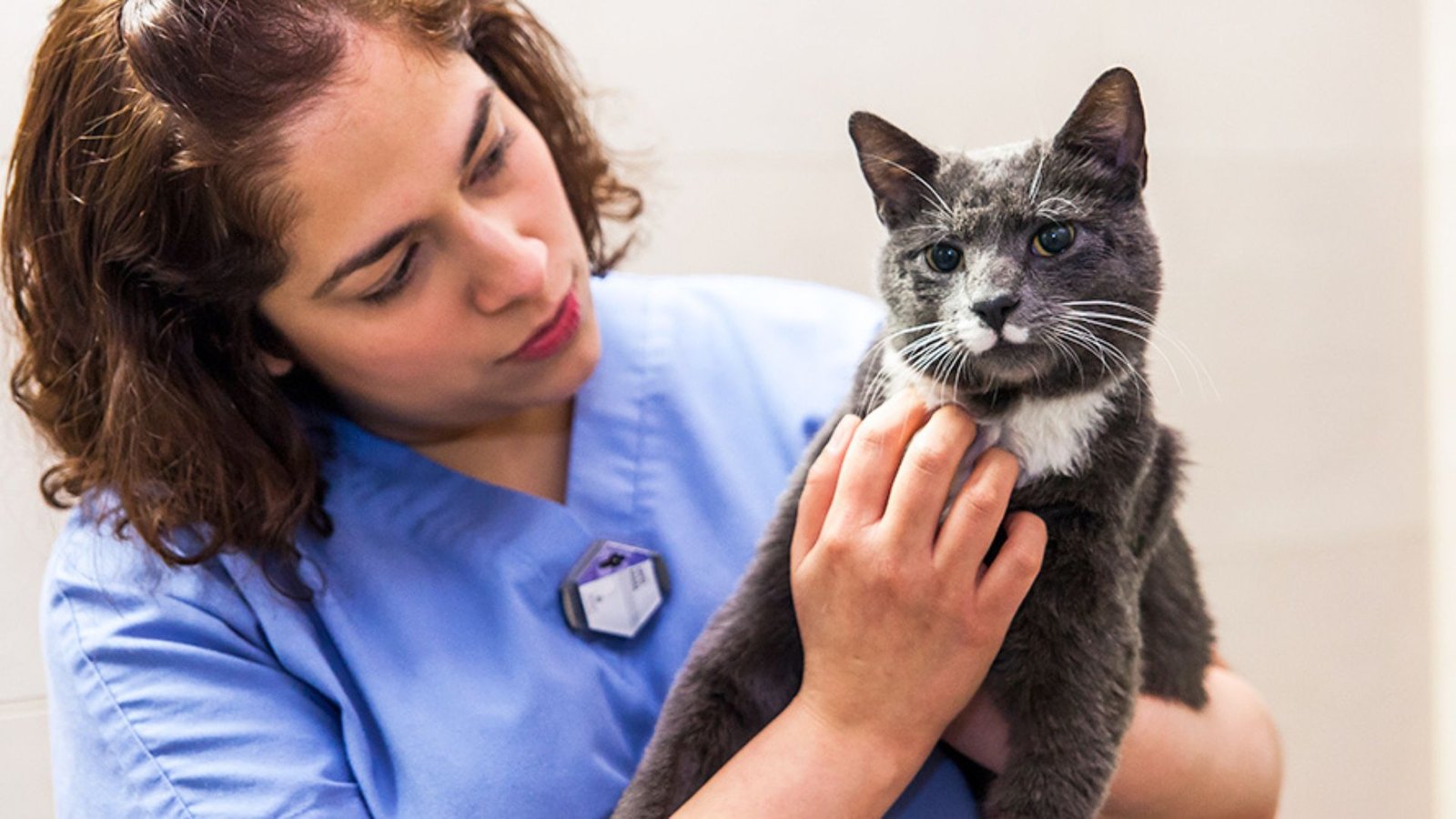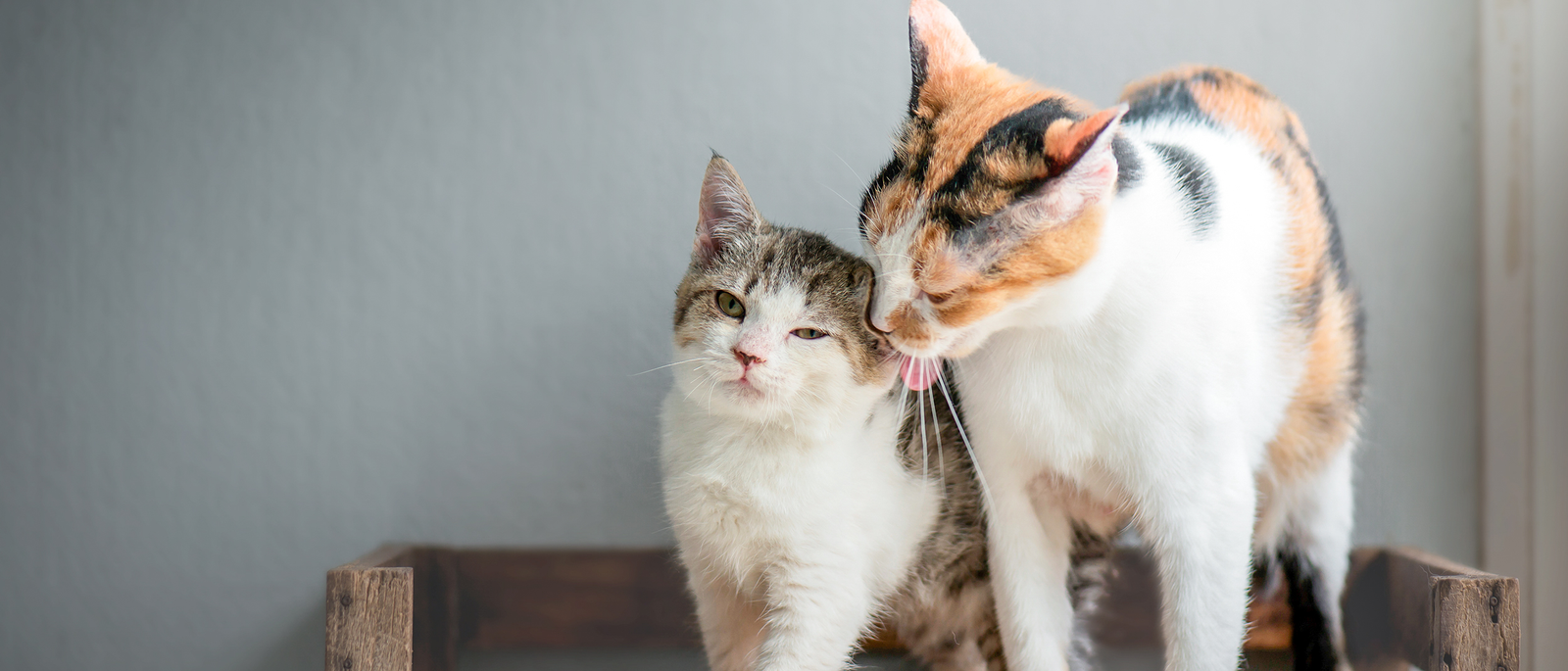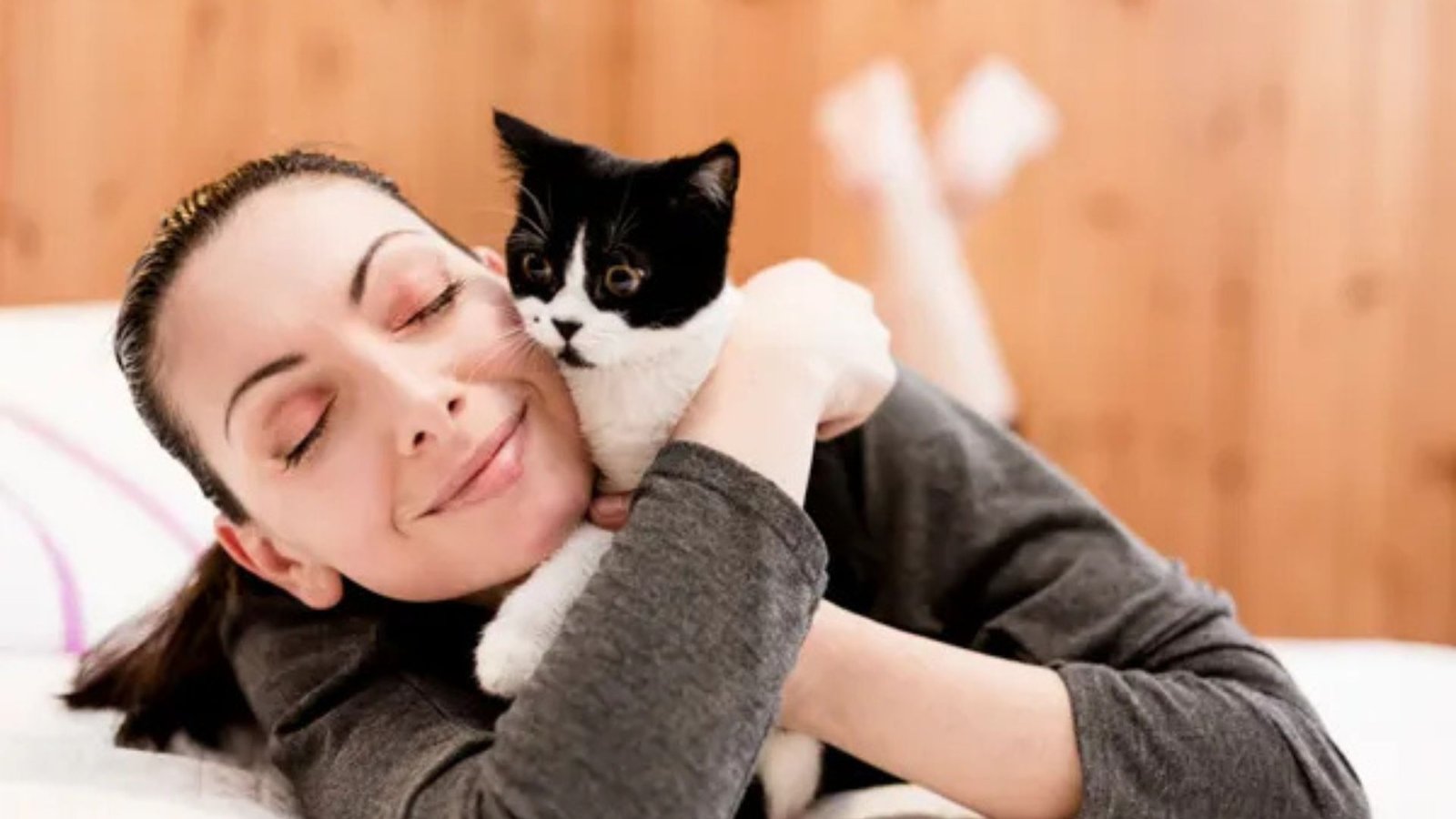Cats are generally healthy animals, but like any pet, they can experience health issues. Recognizing the signs of illness early can help you get your cat the care they need before the problem becomes serious. In this article, we’ll discuss some of the common health problems found in cats and their symptoms, so you can keep your feline friend happy and healthy.

1. Fleas and Parasites
Fleas are one of the most common health problems in cats. These tiny insects can cause itching, irritation, and even more serious conditions like anemia. Fleas also carry parasites like tapeworms, which can make your cat sick.
Symptoms of Fleas:
- Scratching or biting at the skin
- Hair loss, especially around the tail or neck
- Small black specks (flea dirt) in the fur
- Red, irritated skin
Treatment:
To treat fleas, use a vet-approved flea treatment or shampoo. Regular grooming and checking for fleas can help prevent an infestation. It’s also important to treat your home, as fleas can spread quickly.
2. Urinary Tract Infections (UTIs)
Urinary tract infections (UTIs) are another common health issue in cats, especially in older cats or those with other health conditions like diabetes. UTIs can cause discomfort and lead to more serious kidney problems if not treated.
Symptoms of UTIs:
- Frequent urination or straining to urinate
- Blood in the urine
- Urinating outside the litter box
- Licking the genital area more than usual
Treatment:
If you suspect your cat has a UTI, it’s important to see a vet for diagnosis and treatment. UTIs are usually treated with antibiotics. Drinking more water and eating a balanced diet can help prevent future infections.
3. Hairballs
Hairballs are a common issue for long-haired cats, but they can affect short-haired cats too. Cats groom themselves by licking their fur, and sometimes they swallow hair that doesn’t pass through the digestive system easily. This results in hairballs.
Symptoms of Hairballs:
- Vomiting (usually with a hairball)
- Gagging or retching
- Loss of appetite
- Constipation
Treatment:
To help prevent hairballs, brush your cat regularly, especially if they have long fur. Special hairball formulas in food and hairball remedies can also help reduce the formation of hairballs. If your cat is having trouble passing a hairball, contact your vet for advice.
4. Dental Disease
Dental disease is a common health problem in cats, especially in older cats. Plaque and tartar can build up on their teeth, leading to gum disease and tooth loss. In severe cases, dental problems can cause infection and affect other organs like the heart and kidneys.
Symptoms of Dental Disease:
- Bad breath
- Drooling or pawing at the mouth
- Difficulty eating or chewing
- Red or swollen gums
Treatment:
Regular tooth brushing and professional dental cleanings at the vet can help prevent dental disease. Special dental treats and food can also promote oral health.
5. Diabetes
Diabetes is a serious condition that occurs when your cat’s body doesn’t produce enough insulin. It’s more common in older cats, overweight cats, and cats with certain genetic conditions. If left untreated, diabetes can lead to severe complications.
Symptoms of Diabetes:
- Increased thirst and urination
- Weight loss despite increased appetite
- Lethargy or weakness
- Changes in coat condition (usually a dull, unkempt look)
Treatment:
If your cat is diagnosed with diabetes, your vet may prescribe insulin injections and special food. Managing diabetes requires careful monitoring of your cat’s blood sugar levels, but with proper care, many diabetic cats can live normal, happy lives.
6. Kidney Disease
Kidney disease is another common health problem in older cats. The kidneys play a crucial role in filtering waste from the body, and when they begin to fail, toxins can build up, causing serious health issues.
Symptoms of Kidney Disease:
- Increased thirst and urination
- Weight loss and loss of appetite
- Vomiting or nausea
- Lethargy or weakness
Treatment:
Kidney disease is not curable, but it can be managed with a special diet, fluids, and medications. Early detection is crucial, so regular vet check-ups are important for older cats.
7. Hyperthyroidism
Hyperthyroidism is a condition where the thyroid glands produce too much thyroid hormone. It’s more common in older cats and can lead to a variety of symptoms if not treated.
Symptoms of Hyperthyroidism:
- Increased appetite, but with weight loss
- Hyperactivity or restlessness
- Vomiting or diarrhea
- Increased thirst and urination
Treatment:
Hyperthyroidism can be treated with medication, radioiodine therapy, or surgery to remove the thyroid gland. Your vet will help determine the best treatment option for your cat.
8. Flea Allergy Dermatitis
Flea allergy dermatitis (FAD) is a skin condition caused by an allergic reaction to flea saliva. Even a single flea bite can trigger severe itching and inflammation in cats with this condition.
Symptoms of Flea Allergy Dermatitis:
- Intense scratching or biting, especially around the back and tail
- Red, inflamed skin
- Hair loss or thinning fur
- Scabs or sores on the skin
Treatment:
The best way to manage FAD is to keep your cat flea-free using monthly flea preventatives. Treating the allergic reaction with medications like antihistamines or steroids may also be necessary.
9. Allergies
Just like humans, cats can suffer from allergies. Cats may be allergic to certain foods, pollen, dust, mold, or even certain cleaning products. Allergies can cause itching, digestive problems, or respiratory issues.
Symptoms of Allergies:
- Itchy skin, especially around the ears, face, or paws
- Sneezing or watery eyes
- Vomiting or diarrhea (if food allergies are the cause)
- Excessive grooming or licking
Treatment:
Treatment for allergies depends on the cause. If your cat has food allergies, your vet may recommend a special diet. For environmental allergies, medications like antihistamines or corticosteroids may help.
10. Arthritis
Arthritis, or joint inflammation, is common in older cats. As cats age, they may begin to experience pain or stiffness in their joints, making it harder for them to jump, run, or groom themselves properly.
Symptoms of Arthritis:
- Difficulty jumping or climbing
- Stiffness, especially after resting
- Reduced activity or playfulness
- Licking or chewing at joints
Treatment:
While arthritis can’t be cured, it can be managed with medications, joint supplements, and weight management. Providing soft bedding and ramps for easier access to favorite spots can help your cat stay comfortable.
Conclusion
Many of the common health problems found in cats can be treated or managed if caught early. Regular veterinary check-ups, a healthy diet, and plenty of love and attention are essential for maintaining your cat’s well-being. Keep an eye out for changes in behavior, eating, and grooming habits, and don’t hesitate to consult your vet if you notice anything unusual. A little extra care can help ensure your cat stays healthy and happy for years to come.




